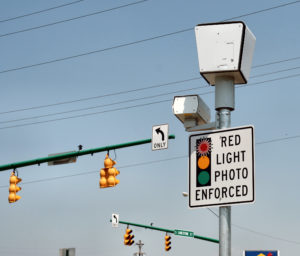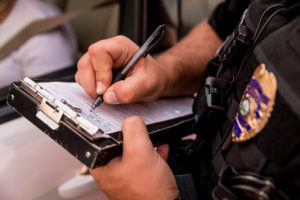A contractor working in the Kensington Park division damaged a gas line resulting in the evacuation of several homes.
Police and fire officials were at the scene of the gas leak in the 200 block of Craftsman Circle at around 9 a.m., according to a news release. Crews repaired the damaged line and the scene was clear by 11 a.m.
An estimated 50 percent of American households use natural gas as their main heating source. Natural gas is clean, efficient and relatively safe. However, because there are potential dangers associated with natural gas usage and as such consumers should keep the following safety tips in mind.
Gas Leak Safety and Prevention
The biggest hazard of a gas leak is an explosion. When natural gas builds up in an enclosed area, it becomes extremely volatile. Gas leaks in the home can be prevented by ensuring gas lines are inspected regularly by licensed professionals.
Gas leaks outside the home are also dangerous. Most gas lines coming into the home are buried underground. Before doing any job that requires digging outside, homeowners should call their local gas company.
Although natural gas is colorless and odorless, it commonly takes on the smell of rotting eggs. If this scent is detected, you should immediately evacuate the area and contact your gas provider. Do not light fires, cigarettes or operate electrical appliances, as they may act as points of ignition.
Carbon Monoxide Poisoning
The chemical properties of natural gas make it a clean fuel source. But, it is those same properties that make it potentially dangerous if gas appliances are not properly maintained. One such danger of a poorly maintained appliance is carbon monoxide poisoning. Symptoms of carbon monoxide poisoning are similar to those of the flu without a fever.
Reduce the Risk of Carbon Monoxide Poisoning
Install a carbon monoxide detector which can alert you to the presence of this odorless gas.
Have appliances, such as a furnace, that use natural gas inspected at least once pear year.
Don’t use an oven to heat the house as it can cause carbon monoxide to be released into the home.
Never sleep in a room heated by a gas or kerosene space heater that does not have proper venting.
By following these safety tips, natural gas can continue to be a safe and efficient source of energy for the home. For more information, visit Virginia Natural Gas.










Comments for this article are closed.